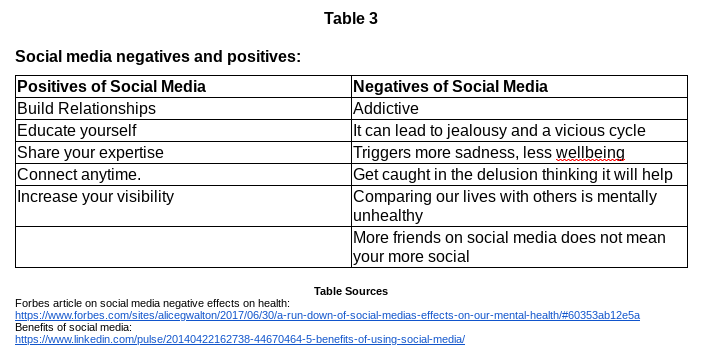Is the increasingly popular contemporary management style effective given our changing society?
The contemporary management style has been increasingly growing more popular over the traditional management style.
At the same time, we have been experiencing a growing autonomous and social-media plugged-in society.
The vast benefits of contemporary management styles can clearly be seen. However, when you look at the concerns and potential negatives associated with our growing automation and social media use, we begin to see problems in contemporary management theory.
The movement to a contemporary management style that calls for employees to make decisions for themselves and be more innovative while working in cross-functional teams is arguably a good thing. Employees can now have a work-life balance and be free of the bureaucracy that comes with a hierarchy of management. Information is free-flowing and available readily at our fingertips. (The differences between traditional and contemporary management styles can be found below in Table 1 if you need a refresher.)
However, how do we expect employees to have a larger focus on self-direction and making their own work-life balance while still getting things done… when there are so many negatives on their mental health in these growing autonomous and social media focused times?
Growing anxiety about automation such as a loss of place in society and loss of control, fear of change, job insecurity, and a loss of joy in craftmanship from non-autonomous work among many are at play in our society now and ever-growing. At the same time, we have social media usage that affects us negatively by causing us to compare, have less well-being, and more triggers on our emotional health. (The negatives and positives of automation and social media can be found in Tables 2 & 3 below respectively.)
Just how much do all of these negatives affect our employee’s ability to perform without the traditional management structure of an 8–5 mandated work schedule, hierarchical management as a sense of control to rely on for direction and order leaving us less mentally flexed, and a reliance on being told what to do vs. having to think for ourselves about WHAT we should do?
Is vast information available in a contemporary management style challenging for employees to know what to do with?
For some, management outlining what they need to be doing and by when, etc could be the reprieve they need mentally during times like this.
I believe the negatives of our growing autonomous and social media hyper-driven society could create issues for employees to perform well in a self-directed and innovative way.
From this point of view…
Some of the structure, orderliness, and hierarchy of traditional management styles might be more beneficial to combat the negatives of our changing society.
So, what can managers do?
Ensure there is still available an 8–5 structure if the employee so chooses.
Create templates of work-life balance best approaches and structure that could be used if the employee so chooses.
Be in touch with what the employee is going through at the time with their mental health at this time as they may need a more traditional management approach at times. It may not always be feasible and best to leave your employees with so much room for self-management and cross-functionality that they are at a loss on how to get things done effectively and efficiently.
Ensure your employees understand their role and importance to you and your organization while giving them the right space they need for their emotional well-being.


The links from the sources above are below.
Mental health strain from automation research:

The links from the sources above are below.
Forbes article on social media negative effects on health:
Benefits of social media:

No comments:
Post a Comment